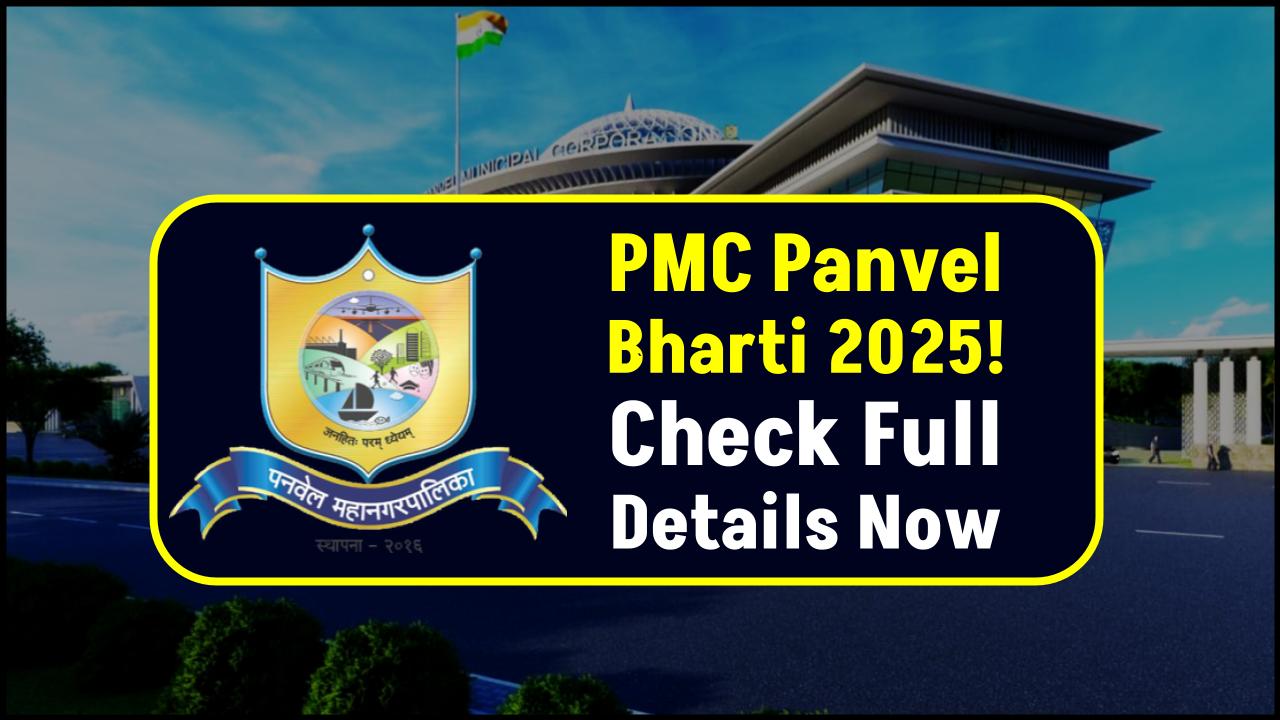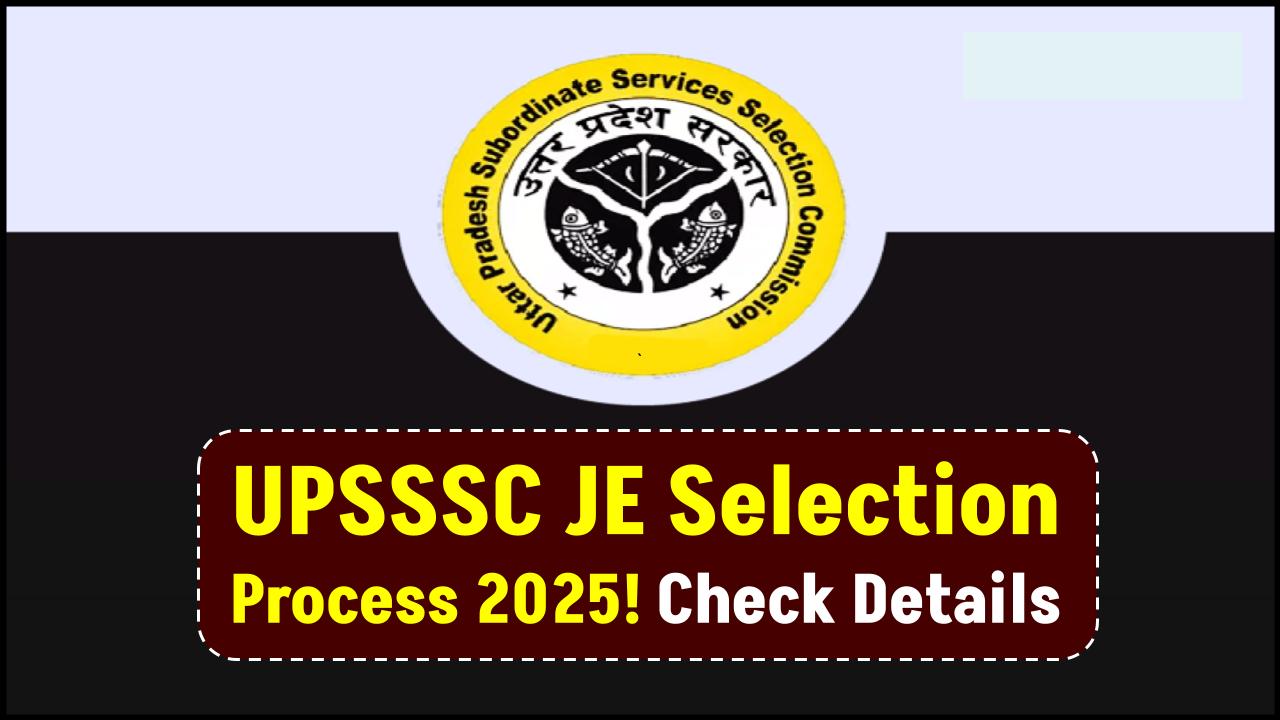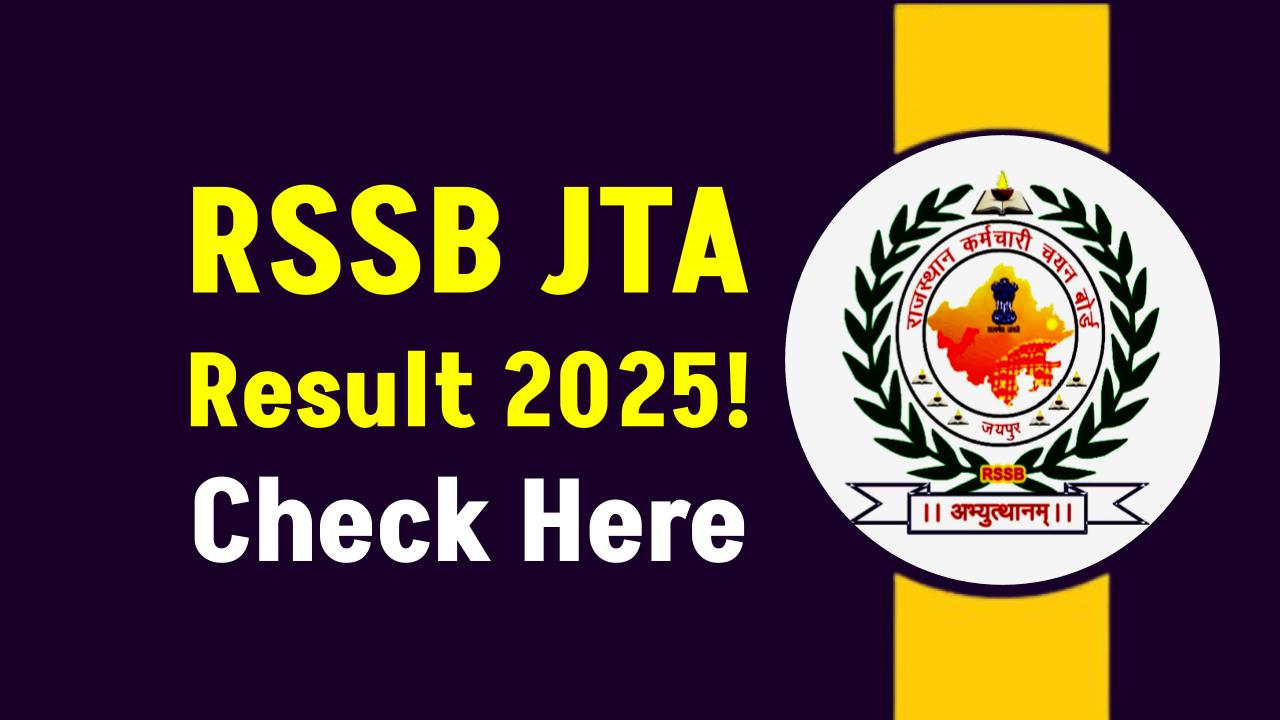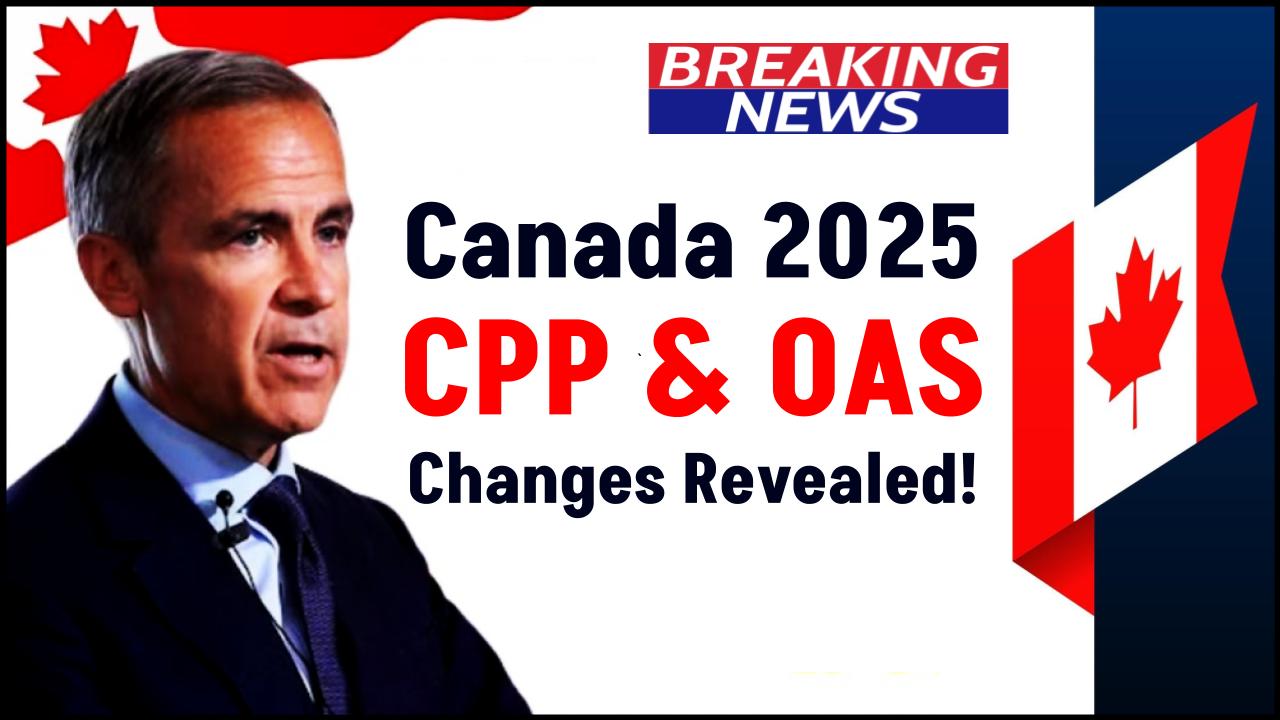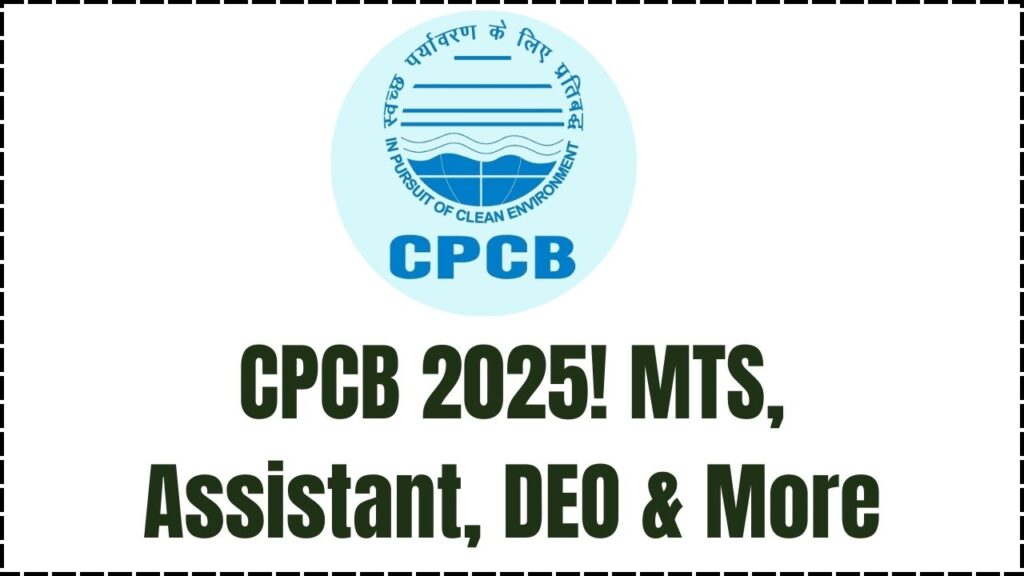
The CPCB Recruitment 2025 notification is now out, offering a wealth of exciting career opportunities across a diverse range of posts. Whether you are an entry-level candidate or a seasoned professional, this comprehensive guide provides you with all the details—from eligibility and application procedures to career growth benefits—to help you navigate the process with confidence. In this article, we provide contextual information, practical advice, and clear examples to ensure that the topic is approachable for a young learner (even a 10-year-old) and valuable for professionals.
In this guide, we will detail the recruitment process, share key dates, and provide actionable tips to enhance your chances of success. We’ll also explore the historical background of the CPCB, share career and salary insights, and answer frequently asked questions.
CPCB Recruitment 2025
| Key Data & Information | Details |
|---|---|
| Total Vacancies | 69 Posts |
| Posts Available | Scientist ‘B’, Assistant Law Officer, Technical Supervisor, Senior Scientific Assistant, Assistant, Accounts Assistant, Junior Technician, Senior Laboratory Assistant, Upper Division Clerk (UDC), Data Entry Operator (DEO), Stenographer, Junior Laboratory Assistant, Lower Division Clerk (LDC), Field Attendant, Multi-Tasking Staff (MTS) |
| Application Window | 07‑04‑2025 to 28‑04‑2025 |
| Eligibility | Varies by post – minimum qualification ranges from 10th/12th pass for clerical posts to bachelor’s or technical degrees for specialized positions |
| Selection Process | Written Examination, Skill Test (if applicable), Document Verification, Medical Examination |
The CPCB Recruitment 2025 drive is a remarkable opportunity for those seeking a stable and rewarding career in the field of environmental protection. By following this comprehensive guide—from understanding the CPCB’s role in environmental conservation to diligently preparing for each stage of the application and selection process—you can confidently position yourself for success. Whether you are aiming for a clerical position or a technical role, this recruitment process opens up multiple pathways for professional growth and the chance to make a real impact on society.
For additional updates and detailed information, always refer to the official CPCB website and related high-authority resources like the Ministry of Environment, Forest and Climate Change.
Understanding the CPCB and Its Importance
What is CPCB?
The Central Pollution Control Board (CPCB) is a statutory organization under the Ministry of Environment, Forest and Climate Change in India. It is tasked with monitoring and controlling pollution levels across the country. Established in 1974, the CPCB plays a key role in shaping environmental policy and enforcing pollution control standards. Today, as the nation faces increased industrial growth and urban challenges, the role of CPCB is more critical than ever.
Why is CPCB Recruitment 2025 Significant?
The recruitment drive is significant for several reasons:
- Job Security: Working in a government organization like CPCB comes with job stability and benefits.
- Career Growth: CPCB offers structured career progression, regular training programs, and merit-based promotions.
- Social Contribution: Employees have the opportunity to contribute directly to environmental conservation and public health.
- Competitive Salaries: The pay scales, based on government pay matrices, are designed to be competitive and reward expertise and experience.
A Step-by-Step Guide to CPCB Recruitment 2025
Step 1: Review the Official Notification
Before proceeding, the first step is to carefully review the official recruitment notification available on the CPCB website. The official document outlines:
- Vacancies: A detailed list of posts available, the number of vacancies for each, and what each role entails.
- Eligibility Criteria: Minimum qualifications, age limits (with relaxations for reserved categories), and any other requirements specific to each role.
- Important Dates: The application period, examination schedule, and subsequent rounds.
- Selection Process: An explanation of the tests and assessments, from written exams to interviews and medical tests.
Pro Tip: Save or print a copy of the official notification for consistent reference throughout your application process.
Step 2: Check Your Eligibility
Each post has its own specific eligibility criteria:
- Educational Qualifications:
- Clerical Roles (MTS, DEO, LDC): Minimum requirement is usually a class 10th or 12th pass.
- Technical or Specialized Roles: Positions like Scientist ‘B’ or Assistant Law Officer require a bachelor’s degree (or higher) in specialized fields such as Engineering, Law, or Science.
- Age Limits:
- Most roles have an upper age limit generally between 18 to 35 years. Age relaxations exist for SC/ST, OBC, EWS, and PwBD candidates as per government norms.
- Skill Requirements:
- Many posts require basic computer skills and validated typing proficiency. For instance, the Assistant post may require a typing speed of 35 words per minute in English and 30 words per minute in Hindi.
Assess your profile against these requirements to ensure you meet the minimum criteria. Not meeting the eligibility standards will result in your application being rejected.
Step 3: The Online Application Process
The entire application process is carried out online, making it convenient and efficient:
- Registration:
- Visit the CPCB Online Application Portal.
- Enter your personal details (name, email, and contact information) to create an account.
- Application Form:
- Fill out the detailed form with your educational qualifications, work experience, and other personal details.
- Double-check for accuracy to avoid any discrepancies that could disqualify your application.
- Document Upload:
- Upload clearly scanned copies of required documents such as a recent photograph, signature, educational certificates, and any mandatory category certificates.
- Check file sizes and formats as per the official guidelines.
- Fee Payment:
- The application fee is paid online. The fee depends on your category—General/OBC/EWS candidates usually pay about ₹500, while SC/ST, PwBD, and female candidates might have a lower fee (around ₹150).
- After payment, retain the payment confirmation as evidence.
- Final Submission:
- Review every section of the application form carefully.
- Once satisfied, submit the application before the deadline of 28‑04‑2025.
Pro Tip: Take screenshots of every step for record-keeping and possible troubleshooting.
Step 4: Preparing for the Selection Process
After your application is successfully submitted, preparation for the next stages begins:
- Written Examination:
- Focus on topics relevant to your applied post. For example, clerical roles may have questions on general awareness, English, and reasoning.
- For technical roles, refer to subject-specific textbooks and previous year question papers.
- Use online portals like Testbook for practice tests.
- Skill Test:
- For posts requiring typing tests, practice regularly to ensure you meet or exceed the required words per minute.
- Consider using free online typing tools.
- Document Verification:
- Prepare all original documents and their photocopies neatly, as you will be required to present these at the verification stage.
- Medical Examination:
- Maintain a healthy lifestyle to meet the required medical standards. If you have any health concerns, consult a healthcare provider in advance.
Step 5: Understanding the Career and Benefits of Working at CPCB
Working at the CPCB is not only about job security but also offers significant opportunities for career advancement:
- Structured Salary Scales:
- Technical and scientific positions fall within higher pay bands (e.g., Level 7 to 10) with monthly salaries ranging from ₹44,900 to ₹1,77,500.
- Clerical and support roles offer competitive remuneration, ensuring fair compensation aligned with government pay scales.
- Professional Development:
- CPCB organizes regular training programs to keep employees updated on environmental policies and new technology.
- Clear paths for promotion exist based on merit and performance, offering a chance to grow from entry-level positions to senior roles.
- Job Security:
- Being part of a government organization like CPCB ensures stability and a structured employment system.
- Social Impact:
- Employees contribute to protecting India’s environment and public health, making a direct impact on community well-being.
Step 6: Additional Tips from Experienced Professionals
Here are some practical, time-tested tips shared by professionals with years of experience working with or applying to government agencies like the CPCB:
- Start Early:
- Do not wait until the last minute. Begin your preparation as soon as the notification is released. This gives you enough time to review the syllabus, practice tests, and prepare documents.
- Stay Updated:
- Regularly visit the official CPCB website and reliable job portals for updates or clarifications regarding the recruitment process.
- Join Forums and Groups:
- Online communities such as Telegram channels and Facebook groups can provide useful insights, study materials, and answers to common queries.
- Keep a Checklist:
- Maintain a checklist that includes every requirement—from the list of documents to application deadlines—so you can stay organized throughout the process.
- Mock Tests and Group Studies:
- Participating in mock exams and group studies can help in better understanding the exam pattern and improve your overall performance.
History and Evolution of the CPCB
Understanding the background of CPCB adds perspective to why this recruitment drive is so important. Established in 1974 under the Water (Prevention & Control of Pollution) Act, 1974, CPCB has grown into a cornerstone of India’s environmental protection framework. Over the decades, the board has expanded its responsibilities to include air pollution control through the Air (Prevention & Control of Pollution) Act, 1981, and now plays a critical role under the ambit of the Ministry of Environment, Forest and Climate Change.
This historical context reinforces the significance of your potential role: by joining CPCB, you become a part of a legacy dedicated to sustainable development and environmental stewardship.
CPCB Recruitment 2025 Notification Out – Multiple Vacancies for MTS, Assistant, DEO & More
CSIR NEERI Recruitment 2025: Apply Now for 33 JSA & Steno Posts!
GRID India Opens Recruitment for Executive Trainees: Salaries Up to ₹1.6 Lakh
CPCB Recruitment 2025 FAQs
Q1: What is the application window for CPCB Recruitment 2025?
Applications are accepted from 07‑04‑2025 through 28‑04‑2025. Early application is highly recommended.
Q2: What qualifications do I need to apply?
Eligibility varies by post. Clerical roles require a 10th or 12th-grade pass, while technical roles demand a bachelor’s degree (or higher) in relevant subjects.
Q3: What is the selection process like?
The process includes a written examination, a skill/typing test (if applicable), document verification, and a medical examination.
Q4: Can I update my application after submission?
Generally, once submitted, applications are final. Ensure all details are correct before submission. For corrections, contact the CPCB helpdesk immediately.
Q5: Are there age relaxations available?
Yes, reserved categories including SC, ST, OBC, EWS, and PwBD candidates are provided with age relaxations as per government policy.
Q6: How do I prepare for the written examination?
Focus on the syllabus outlined in the notification, practice with online mock tests available on platforms like Olive board, and join study groups or forums for discussion.
Q7: What are the salary details?
Salaries vary based on the post. For instance, technical roles are placed in higher pay bands, while clerical posts are assigned to lower bands. Detailed salary scales are mentioned in the official notification.
